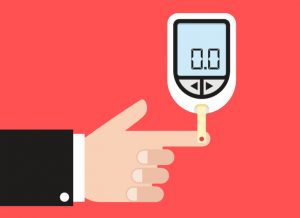
Refusing a blood or breath test after a DUI arrest is illegal, and results in extra penalties if you’re convicted. But what if the officer says you refused—and you really did not?
This is a difficult area, because refusal isn’t always as clear cut as it seems. If you’re sure you didn’t refuse the chemical test, but police say you did, most likely one of these factors is involved:
- Police were ambiguous in ordering you to take the test. Police are required to inform you of the penalties of refusal when they first order you to take the test. If they don’t, or if they are ambiguous, you may not have understood that it is required by law and that refusal carries added penalties. If this is the case your refusal charge can often be dismissed.
- You were unconscious or impaired by an injury, and unable to consent. If an injury caused you to be unable to give meaningful consent, you can be excused for “refusing” the test. A blow to the head during a car accident is the most common reason for this.
- You were unconscious or impaired by alcohol or drugs. If the reason you were unable to consent, or were unconscious, was because of alcohol or drugs, you are not excused from the test. Your inability to consent in this case does count as refusal. This includes legal drugs, even if you have a prescription.
- You attempted to request a different test. You are allowed to request a different type of test (breath rather than blood, for example). But you’re not allowed to insist on it. If the officers don’t have the other kind of test available, you still have to take the one you’d prefer not to take. If you attempted to request a different kind of test and police took this as “refusal,” the refusal can be challenged.
- Your reluctance was interpreted as refusal. Police only have to tell you to take the test once. If you hesitate rather than agreeing, it can be interpreted as refusal. Again, this can be challenged.
- You have a valid medical reason not to take the test. If you have a medical condition that would make one kind of test risky, and you tell police that, they must give you the other kind of test instead. If they fail to do this it should not count as “refusal” and the charge can be challenged.
- Police failed in their duty. Police do make mistakes. One officer may miscommunicate to another. They may fail to inform you that the test is required. If you are sure you weren’t asked to take the test, or weren’t informed of the consequences, there will likely be evidence of this in the record. Your lawyer can find this evidence and use it to get the refusal charge dismissed.
It’s very difficult to challenge refusal without the help of a DUI lawyer. We can pair you with a lawyer who has the experience to take on your case—and will give you a free consultation. Fill out the form to the right to get your FREE consultation today.






